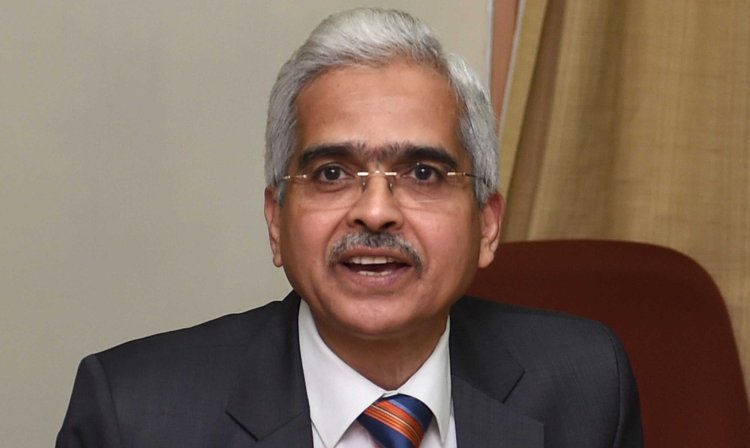RBI Governor Shaktikanta Das Cautions on Financial Stability Risks Due to Over-Reliance on AI in Banking Sector
RBI Governor Shaktikanta Das warns of financial stability risks posed by over-reliance on AI and machine learning in banking. He emphasizes the need for risk mitigation and highlights concerns over systemic risks, cybersecurity, and private credit market vulnerabilities.

RBI Governor Shaktikanta Das Cautions on Financial Stability Risks Due to Over-Reliance on AI in Banking Sector
RBI Governor Shaktikanta Das has raised concerns about the increasing reliance on artificial intelligence (AI) and machine learning (ML) in the financial sector, warning that these technologies, while offering numerous business opportunities, pose significant risks to financial stability. Speaking at an event in New Delhi, Das highlighted the potential dangers of over-dependence on AI, urging banks and financial institutions to implement effective risk mitigation strategies to avoid potential disruptions.
Das emphasized that AI-driven systems could lead to concentration risks, particularly when a small number of tech companies dominate the market. Such concentration could result in systemic vulnerabilities, where disruptions or failures in AI-driven platforms could spread across the financial sector, causing widespread instability. "The heavy reliance on AI can lead to concentration risks, especially when a small number of tech players dominate the market. This could amplify systemic risks, as failures or disruptions in these systems may cascade across the entire sector," he said.
The governor also touched upon the security challenges associated with AI and ML, pointing out that these technologies increase the sector's susceptibility to cyberattacks and data breaches. Furthermore, AI’s inherent opacity makes it difficult to audit or interpret its algorithms, potentially leading to unpredictable market consequences. "AI’s opacity makes it difficult to audit or interpret the algorithms that drive decisions, potentially leading to unpredictable market consequences," Das noted.
In addressing these risks, Das stressed that banks must leverage the advantages of AI and BigTech but cautioned against letting these technologies control the sector. He added that India’s 24x7 real-time gross settlement system (RTGS) could be expanded to support transactions in major international currencies, including the US dollar, euro, and British pound, through bilateral or multilateral agreements. RTGS, developed by the RBI, enables immediate and irrevocable transfers between banks and financial institutions.
Cross-border payment systems also featured in the governor’s speech. Das mentioned ongoing efforts by India and other economies to link fast payment systems, aiming to reduce the cost and time of remittances, a key economic activity for emerging markets like India. "There is immense scope to significantly reduce the cost and time for such remittances," he said.
Das further discussed the potential role of central bank digital currencies (CBDCs) in improving the efficiency of cross-border payments. India, one of the few countries to have launched both wholesale and retail CBDCs, is exploring this avenue as a way to enhance global financial transactions.
On the broader issue of financial stability, Das warned that divergent global monetary policies could result in volatile capital flows and exchange rate fluctuations, which could threaten financial markets. He referenced the rapid appreciation of the Japanese yen in August, which caused significant disruptions in global markets.
The governor also pointed to the risks posed by the rapid growth of private credit markets, which have expanded without adequate regulation and have not been stress-tested during economic downturns. Das warned that the correction of commercial real estate (CRE) prices in some regions could place small and medium-sized banks at risk, particularly those with large exposures to this sector. He emphasized the interconnectedness of CRE, non-bank financial institutions, and the wider banking system as an amplifier of these risks.
Click Here to Visit
What's Your Reaction?
















